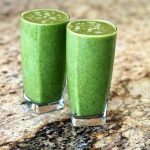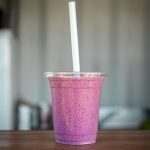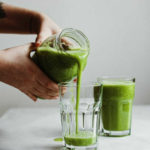Get ready for some complicated jargon. Ok?
What exactly is Betaine?
Betaine is a TMG otherwise known as a Trimethylglycine. TMG’s are amino acid with three “methyl groups” attached to it.
Methyl groups are incredibly important for the production of neurotransmitter such as dopamine serotonin.
The reason it’s called betaine is that scientist first discovered and isolated this TMG in common red beets.
Without getting to deep into organic chemistry, it’s enough to say that betaine is responsible for modulating fluid levels and preventing celluar stress due to “osmotic pressures”.
What is Betaine Used For?
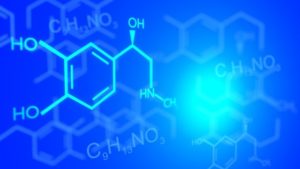
The main thing that beatine is used for is in preventing irregular cellular fluid levels. That sounds complicated, but think about it. If there is too much cellular liquid, then there is a risk of bursting. Likewise, too little fluid, and the cells can become dry and shrink. You get damage either way.
In this respect, beatine is also considered an Osmolyte (which is something that balances the fluid levels in a cell).
In summary, eating betaine rich foods can lead to (in the words of one study) a “decrease in vascular diseases”.
Additionally, betaine supplementation has been found to decrease homocysteine levels. And as you’re likely aware, homocysteine is an indicator of cellular damage.
The Choline Connection
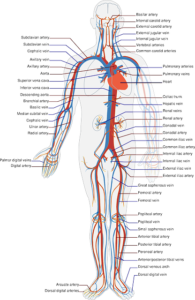
One of the ways in which the human body gets betaine is through choline synthesis. Whereas there are not many people who eat a diet rich in choline, there are many foods that are rich in choline.
- Chicken
- Liver
- Navy Beans
- Broccoli
- Green Peas
As you can see, choline is something that you can get on a vegetarian or vegan diet (as well as a regular carnivore diet). So, it makes sense that most people end up getting their choline from food.
However, it’s also possible to get betaine straight from food sources. Later on we’ll go over some of the main foods that you can eat to get beatine into your diet.
When you eat choline, it is used by the body to synthesize betaine.
Not only is that a great reason to make sure you have choline rich foods in you diet, but there are substantial peer reviewed studies that show the link between choline and betaine consumption and a decrease in cardiovascular problems.
And, it should be noticed that the studies focused on direct dietary consumption, not supplementation.
That’s one reason it would be preferable to eat beets as opposed to take a supplement derived from beets. Stick with whole food whenever possible.
Who Would Supplement with Betaine
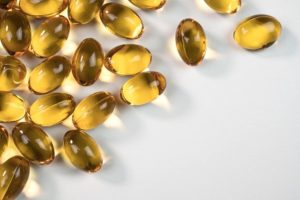
Athletes: Betaine Helps Build Muscle and Improve Performance
Athletes in particular have zeroed in on betaine’s ability to improve muscle growth and decrease inter-cellular stress.
That’s why you saw a huge spike in athletes drinking beet juice smoothies and adding beet powder to their workout shakes.
Consider the active lifestyles that athletes have. Weightlifters are constantly breaking down muscle and repairing it. Boxers and MMA fighters are in the gym rolling, punching, and otherwise training. And endurance athletes like Football (who also have contact) and baseball and basketball need to be aware of cellular breakdown due to high stress.
That’s the main reason why you saw beets become so popular among athletes like Miesha Tate.
It’s also worth nothing that there is an established connection between higher dietary intake of both choline and betaine and an improved “physique”. This equates to a better BMI. While that’s impressive for people looking to get “cut’ and stay in shape, it’s also worth nothing for the general person who simply wants to have a better standard of life.
Liver Health
Another important factor in beatine usage is it’s ability to protect the liver. There have been studies that have linked beatine with improving fatty liver. Specifically, betaine consumption was shown to improve non-alcoholic fatty liver issues.
Heart Health
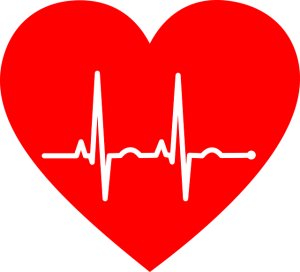
Again, the link has been made between betaine and improved cardiovascular health. This makes it somewhat surprising that beets are not listed on the charts of the best foods for your heart health.
Long term intake of betaine has been shown to improve not just cardiovascular health, but improve metabolic syndrome.
The mechanism by which the betaine helps heart health is by decreasing inflammation. As we’ve discussed, one of the principal mechanisms by which betaine works is to balance fluid levels. In this role as an Osmolyte, the betaine deceases intercelluar damage in your body. The has a direct correlation to heart health.
Are Beets The Only Food Source of Betaine?
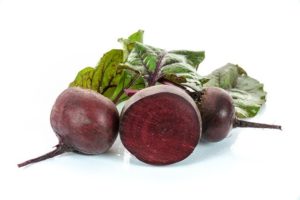
No, and in fact there are several foods that actually have more betaine than beets. These foods include Wheat Germ, Spinach, and Quinoa.
However, beets do have some advantages to quinoa or wheat germ in that they can be added to smoothies or juices to provide sweetness. The natural sugars in beets are a superior method of sweating the juice when compared to artificial sweeteners.
Beats are always going to be associated with betaine because they are what gave beatine it’s name.
How Does Betaine Increase Muscle Production?
If you’re reading this article, the odds are that you’ve come across the term betaine in some pre-workout, or post-workout, or some sort of “workout” formula.
If that’s the case, then you’re probably wondering how betaine helps you get stronger, build more muscle or become a more toned person.
Well, it’s somewhat complicated, but let’s dive in and tackle it.
First, it’s important to know that beatine converts homocysteine to methionine.
Though some studies suggest direct supplementing of methionine is superior to beatine supplementation.
Why is this important? Well, because homocysteine is bad for your overall health, and certainly bad for your physical fitness.
High levels of homocysteine raises your insulin levels, and this in turn creates
Lowers homocysteine levels. (study about homocysteine being bad) makes you fat increase insulin.
How Best To Get Betaine Into Your Diet?
There are a few methods.
First, make sure that you have enough choline in your diet. That’s number one. Without adequate choline your body will not be able to synthesize the necessary betaine.
Second, you need to eat foods that contain betaine. While there are lots of options, I would suggest beets.
Simply put, beets are an excellent and underused food for most people.
Unless you happen to eat a diet that consists of a lot of Ukranian borscht, you’re not going to eat much beet. And that’s a shame.
Beets are a great food and they are super healthy.
I like to either juice them or add them to a smoothie.
You can also pickle beets in your fridge and eat them with your lunch or dinner.
Betaine Supplementation vs Whole Food Intake
As a rule, most experts would advocate trying to get your nutrients from whole foods. And this case is not different.
There are some very large studies (such as the Framingham Offspring Study) which have shown the validity of a whole food approach.
However, there are also studies such as this one in the Journal of Nutrition that show the advocacy of betaine supplementation.
My suggestion would be to try an incorporate more betaine rich foods, especially beets, into your diet before branching out and seeking supplementation.
Related Posts

Hi Everyone!
Jenny O’Brien here. Nutritionist & personal trainer. Just your average vegetarian and smoothie fanatic!
If you have any questions, or you’d like me to cover a particular topic, drop me a line and let me know!
Thanks!


